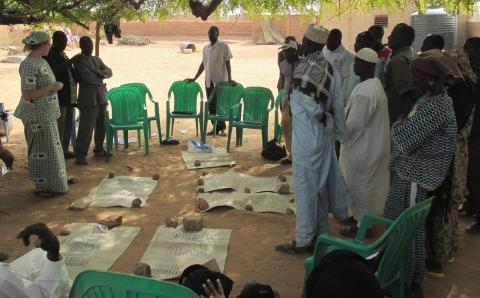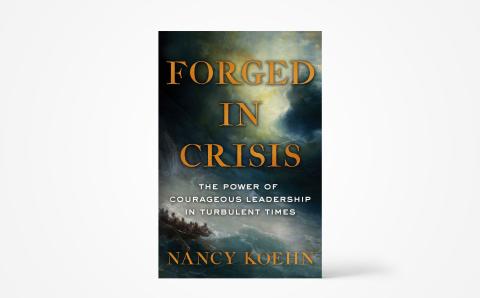Two overtures (requests) are going to Synod 2018 asking that denominational staff be constrained from issuing statements on political issues on behalf of the Christian Reformed Church. Synod is the annual leadership of the CRC. The denomination’s Council of Delegates (COD) has the right to comment on overtures going to synod, and for these overtures, it did.
The overture from Classis Columbia (a regional group of churches) noted “that when the agencies and offices of our denomination take stances and engage in political lobbying on these complex issues on behalf of the entire denomination, they are purporting to speak with one voice for every member of the Christian Reformed Church in North America.” It wants synod to instruct ministry agencies to stop political lobbying on behalf of the denomination and instead “encourage the denominational agencies to continue to use their resources to help members of the Christian Reformed Church think biblically about matters of biblical justice” (Agenda for Synod 2018, pp. 323-330).
Similarly, Classis Minnkota wants the CRC’s Council of Delegates to instruct agencies to “take up ecclesiastical matters only and to refrain from political advocacy,” stating that stepping beyond that violates the denomination’s Church Order. The overture states that political advocacy “brings the divided world of politics into the church, creating further division; arrogantly asserts only one political solution into gray areas where godly Christians can disagree; and confuses the pure preaching of the gospel with mere human opinion.” Further, the overture states, political advocacy applies general principles approved by synod to specific policy positions and elevates those positions to that of the Christian Reformed Church (Agenda for Synod 2018, pp. 319-323).
A report written with input from staff of several denominational agencies, at the request of the executive director, commenting on the overtures was subsequently endorsed by the council. It pointed out that statements issued over the name of a ministry agency or the executive director are not intended to be representative of the denomination. It pointed to CRC’s Office of Social Justice website FAQ section that explains it this way: “When the CRCNA articulates a view on a social or political matter (or when it is silent on those matters), it does so as a broad association of church members, not as a collection of individuals who all agree on everything.”
The report also noted that synod has a long history of providing the instructions for the activities found inappropriate in these overtures. “The COD may wish to remind synod that most often synod has provided the initial instruction behind CRCNA social justice activity. . . . CRCNA ministries . . . have faithfully responded to these instructions and have stepped into the political realm, without partisan commitments, as a result.” It also noted that “our denomination has a history of leaning into an ecclesiology that embraces justice and reconciliation work. When synod provides an instruction relative to social justice action to its ministries, for example, the church assumes that such matters have moved into the ecclesiastical realm given their doctrinal and/or ethical gravitas.”
Delegate Susan Hoekema, Classis Muskegon, said the request for endorsement of the report “came about partly because of the overtures and because staff has really been under fire this year about the work they are doing.”
Tim Bosscher, Classis Grandville, said that it is possible for a [church] member to take a different view, and it’s possible many people do. “At the end of the day, I don’t question the rightness of what you’re doing. I question the wisdom. I don’t think this will cause a breakaway of churches, but dribs and drabs of people saying ‘I didn’t leave the Christian Reformed church, the CRC left me,’ if they don’t feel they have a voice.”
The COD endorsed the report and is sending it to synod, but only to the advisory committee dealing with the overtures. That means that other delegates will not see it, and it will not be included in the supplementary Agenda materials.
In setting this precedent, COD chairperson Paul DeVries said, “By making our comments directly to the advisory committee (as opposed to public comments through the agenda supplement), the COD can forward appropriate and helpful communications without unduly influencing the process. This allows synod itself, through its advisory committees, to be fully informed while maintaining the right of synod to determine what to do with the information.”
This story was changed on May 11, 2018 to clarify the authorship of the report commenting on the overtures.
About the Author
Gayla Postma retired as news editor for The Banner in 2020.








